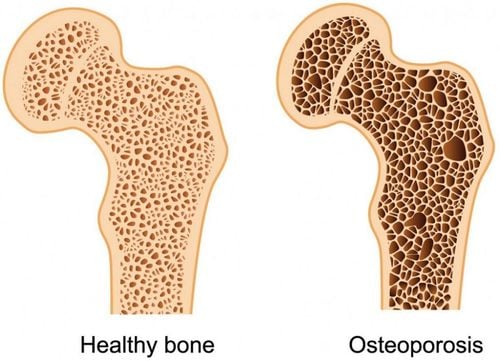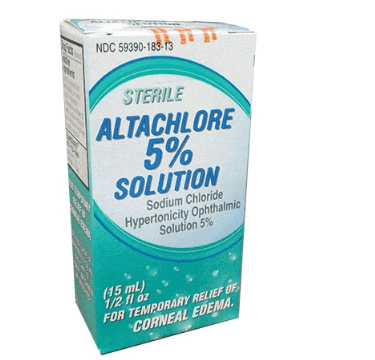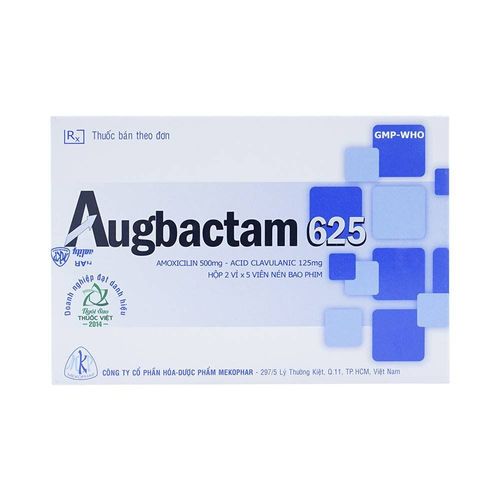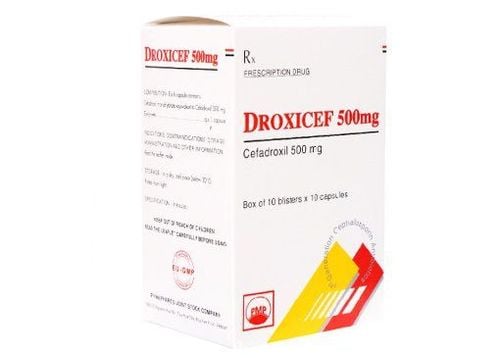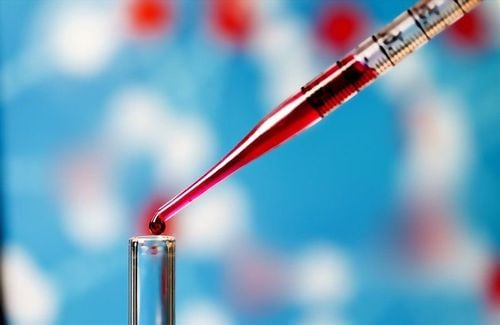This is an automatically translated article.
The article was professionally consulted by Doctor Do Thi Hoang Ha - Doctor of Biochemistry - Laboratory Department - Vinmec Hai Phong International General HospitalThe CRP test is a quantitative test of C-reactive protein in the blood. Based on the CRP index to assess the health status of each person (normal or with signs of inflammation). Quantitative CRP is indicated for monitoring the status of inflammatory diseases, monitoring wound healing, postoperative incisions, organ transplants, burns to early detect the possibility of infection.
1. What is a CRP test?
CRP stands for C reactive protein - a protein produced by the liver, characterized by precipitation with the pneumococcal C polysaccharide. It is an integral part of the immune system's response to injury or infection. This protein is not normally present in the blood or is present in very low concentrations, and when acute inflammation and tissue destruction occur in the body, it stimulates the production of this protein by the liver and protein levels. Serum C will increase rapidly, so CRP is known to be a marker of inflammatory response in the body. It is an acute phase reactant, produced in the liver and excreted into the bloodstream several hours (approximately 6 hours) after the onset of inflammation. Once the inflammation is over, the C-reactive protein is quickly lost.
Therefore, CRP allows the identification of inflammation much earlier than using erythrocyte sedimentation rate. At the same time, in fact, the value of CRP is completely unaffected by changes in blood globulin and hematocrit levels, which makes the CRP test very valuable when patients have blood protein abnormalities. or abnormal red blood cells. However, CRP is not specific and its levels are elevated in all inflammatory conditions.
2. What is the normal CRP?
The normal CRP index is only at the allowable level: less than 0.5 mg/100ml (5 mg/l) serum for people without inflammation. Elevated CRP levels in the blood suggest an acute inflammatory state of the body. Lower blood CRP levels mean better patient condition and reduced inflammation.
3. Increased CRP is associated with cardiovascular problems
When the body is infected or damaged, CRP levels can increase many times (up to 1000 times). For different pathological conditions, different types of C-reactive Protein will be quantified:Standard C-reactive Protein (Standard CRP): used in the assessment of advanced inflammatory conditions. High-sensitivity CRP (hsCRP) protein: used as a marker for low-grade vasculitis. Hs CRP is also a factor that increases atherosclerotic plaque, causes the appearance and rupture of atherosclerotic plaques, facilitates the appearance of blood clots, increases the risk of coronary artery occlusion/occlusion (an artery that supplies blood to the heart). ), stroke, peripheral artery disease, and type II diabetes. A decrease in the rate of CRP in the blood is often paralleled by a decrease in serum LDL-cholesterol (bad cholesterol). The group of patients with LDL - cholesterol in the blood reduced to less than 70mg/100ml had less heart disease recurrence, if the CRP decreased below 2mg/l, the risk of recurrent myocardial infarction would be reduced. Therefore, the quantitative hs CRP test is used to assess the risk of cardiovascular diseases when it is combined with other coronary risk assessment tests such as LDL-Cholesterol and Total Cholesterol.
In addition, CRP is elevated in other infections or autoimmune diseases. CRP is often elevated during inflammatory reactions with an elevated erythrocyte sedimentation rate (Vs) and disappears with complete resolution of the disease. Some studies show that in women with high levels of CRP in their blood, the risk of cardiovascular disease is increased 7 times compared to those with low CRP levels. In addition, the accumulation of plaque in the blood vessels for a long time will lead to increased inflammation, over time these plaques break down and blood clots block blood vessels, causing a heart attack or stroke. stroke .
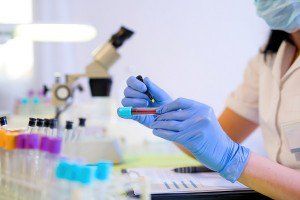
CRP is quantified in units of mg/l of blood. The results showed:
Low cardiovascular risk: if CRP is less than 1 mg/l Moderate cardiovascular risk if CRP 1 - 3 mg/l High cardiovascular risk if CRP > 3 mg/l
4. Under what circumstances does the CRP increase?
If the CRP index rises above 10mg/l, this is the result of an infection or another disease, at this time the CRP index has no value in assessing cardiovascular risk, but only for prevention and supplementation. additional diagnosis. In those cases, testing should be repeated 2 weeks or after the infection has cleared to reassess cardiovascular risk.When assessing and evaluating the results of quantitative CRP, elevated CRP index should immediately think of some acute inflammatory reactions such as:
Acute pancreatitis, CRP index is a test to assess the severity as well as the severity of the disease. Prognosis of acute pancreatitis, CRP ≥150 mg/L is severe acute pancreatitis. Appendicitis Bacterial infection Burns Increased risk of colon cancer Inflammatory bowel disease (eg, ulcerative colitis..) Progressive rheumatoid arthritis Systemic lupus erythematosus Infarction myocarditis, inflammatory pathology of the common pelvis (adnexitis, tubal abscess ..) Giant cell arteritis and progressive tuberculosis. Cancer: Hodgkin's disease, kidney disease, lymphoma.. CRP levels may increase in late pregnancy, when taking oral contraceptives or hormone replacement therapy (eg, estrogen). CRP levels can also be increased in people who are obese.
5. Factors that contribute to the potential for variation in test results
Causes false negative results: due to the use of non-steroidal anti-inflammatory drugs, aspirin, corticosteroids, statins, beta-blockers... False-positive results: using hormone replacement therapy drugs, preventive drugs oral pregnancy. Place the birth control device in the uterus. Excessive physical exertion. Physiological conditions such as pregnancy or obesity. Quantitative CRP test plays an important role in diagnosing inflammatory diseases, monitoring wound healing, and early detection of risk factors for cardiovascular diseases. Therefore, if there are signs of infection or there is a risk of cardiovascular disease, patients should soon seek reputable medical facilities to perform a CRP level test and combine with other diagnostic methods.Vinmec International General Hospital is one of the hospitals that not only ensures professional quality with a team of leading medical doctors, modern equipment and technology, but also stands out for its examination and consultation services. comprehensive and professional medical consultation and treatment; civilized, polite, safe and sterile medical examination and treatment space. Customers when choosing to perform tests here can be completely assured of the accuracy of test results.
Please dial HOTLINE for more information or register for an appointment HERE. Download MyVinmec app to make appointments faster and to manage your bookings easily.





